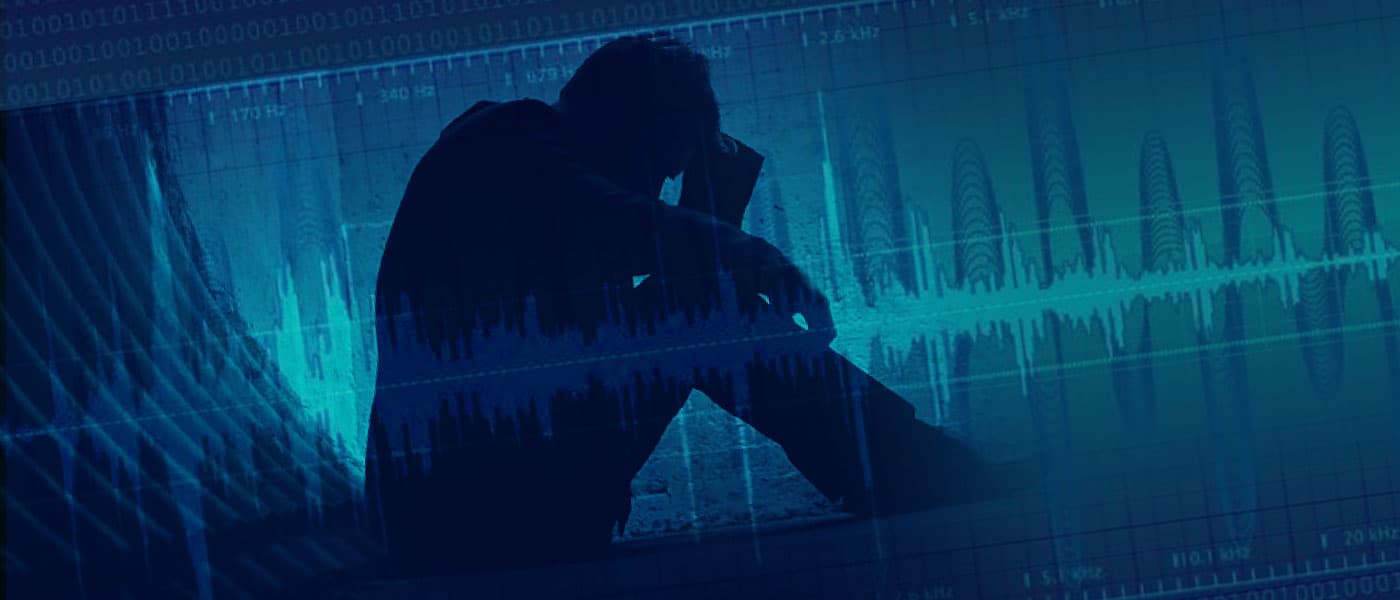Researchers out of the University of Southern California (USC) have developed a tool that can identify signs of depression through speech patterns. The team thinks it could help diagnose the condition more accurately.
Past studies have identified those with depression speaking in a particular manner. Speech may become flatter, more monotone, and people start uses longer pauses due to the condition.
Algorithm for Depression
SimSensei, the machine the scientists are developing, uses an algorithm to find vowel sounds associated with depression. It is designed to work alongside doctors as they assess patients, not replace the human element completely. It performs a frequency analysis on the patient, to spot signs of depression and post-traumatic stress disorder.
SimSensei uses an algorithm developed in 1967 called the 'k-means algorithm,' which can put large data sets into clusters based on average values, which can then be compared against 'normal' speech patterns. Researchers ran their algorithm on 253 volunteers, who were also asked to fill out a self-assessment questionnaire.
"The experiments show a significantly reduced vowel space in subjects that scored positively on the questionnaires," the authors explain. "These findings could potentially support treatment of affective disorders, like depression and PTSD in the future."
Helping Hand
Previous studies find that only about half of patients with depression are correctly diagnosed by their doctors. Having a digital assistant on hand, like SimSensei, could be hugely helpful for doctors who would otherwise be relying on their own observations and the information conveyed by the patients themselves. The system has also been employed as part of a job interview training program designed to get veterans prepared for life away from the army by helping to analyse their speech, mannerisms, and conversational skills in virtual interview sessions.
The SimSensei team says it wants to use the algorithm to see if disorders such as schizophrenia and Parkinson's can be diagnosed as well. Therefore, it's possible AI-assisted diagnoses could become an important part of human health services in the future.
Share This Article
